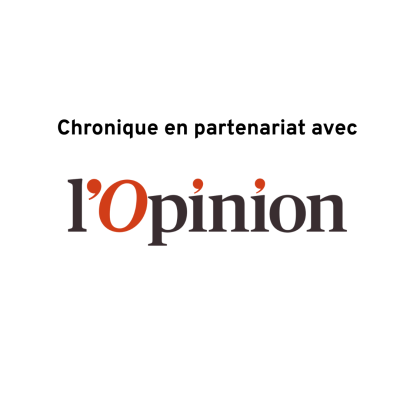Sauver l’organe d’appel de l’OMC ou revenir au Far West commercial ?
Il y a un an l’on se demandait encore s’il fallait s’attendre à du hard Trump ou à du soft Trump, et jusqu’à quel point le nouveau président américain serait prêt à adopter des mesures unilatérales agressives pour rééquilibrer les échanges commerciaux américains. À présent, face à l’alternance de mesures punitives ciblées sur un produit ou un pays et de sanctions et concessions décidée à Washington, les pays les plus exposés ajustent leur riposte.

Au-delà, l’inquiétude des Européens porte également sur la volonté de Donald Trump de s’affranchir encore davantage des règles multilatérales du commerce ou d’orienter sa stratégie de déstabilisation sur le renforcement des disciplines de l’Organisation mondiale du commerce.
En continuant de bloquer la nomination des juges de l’organe d’appel de l’Organisation mondiale du commerce, les États-Unis peuvent-ils chercher à faire imploser le système de règlement des différends — clé de voûte de la régulation du commerce international ? C’est à la guerre commerciale qu’il faudrait alors se préparer, c’est à dire à un commerce sans règle : le Far West commercial où tous les coups sont permis. Ou bien, peuvent-ils entreprendre avec l’Union européenne, le Japon et d’autres, de s’attaquer plus sérieusement à certaines distorsions que le capitalisme d’État chinois provoque dans l’économie mondiale et qui pèsent de manière plus décisive sur le déficit commercial américain ?
L’OMC a besoin de ses deux jambes, celle du contentieux et celle de la négociation. C’est en parvenant à amener la Chine à la table des négociations que l’on peut restaurer la confiance des États-Unis dans la capacité de l’OMC à faire respecter des règles équitables et permettre à la « jambe » du contentieux de continuer à assurer sa fonction de réducteur des tensions commerciales.
Ce Policy Paper, écrit par Elvire Fabry, chercheuse senior à l’Institut Jacques Delors, et Erik Tate, assistant de recherche à l’Institut Jacques Delors, revient sur les griefs de Washington contre l’organe d’appel, pour examiner les réformes de procédures qui peuvent en améliorer le fonctionnement, et se concentrer sur celles des mailles des disciplines multilatérales qui devraient être resserrées pour que le règlement des différends contribue à maintenir un fair trade. Si la vision du président américain s’avérait plus court-termiste, il resterait aux Européens et aux autres grandes puissances à préserver un cadre de régulation plurilatéral, qui sera d’autant plus décisif pour contrer le nouveau facteur disruptif américain.





